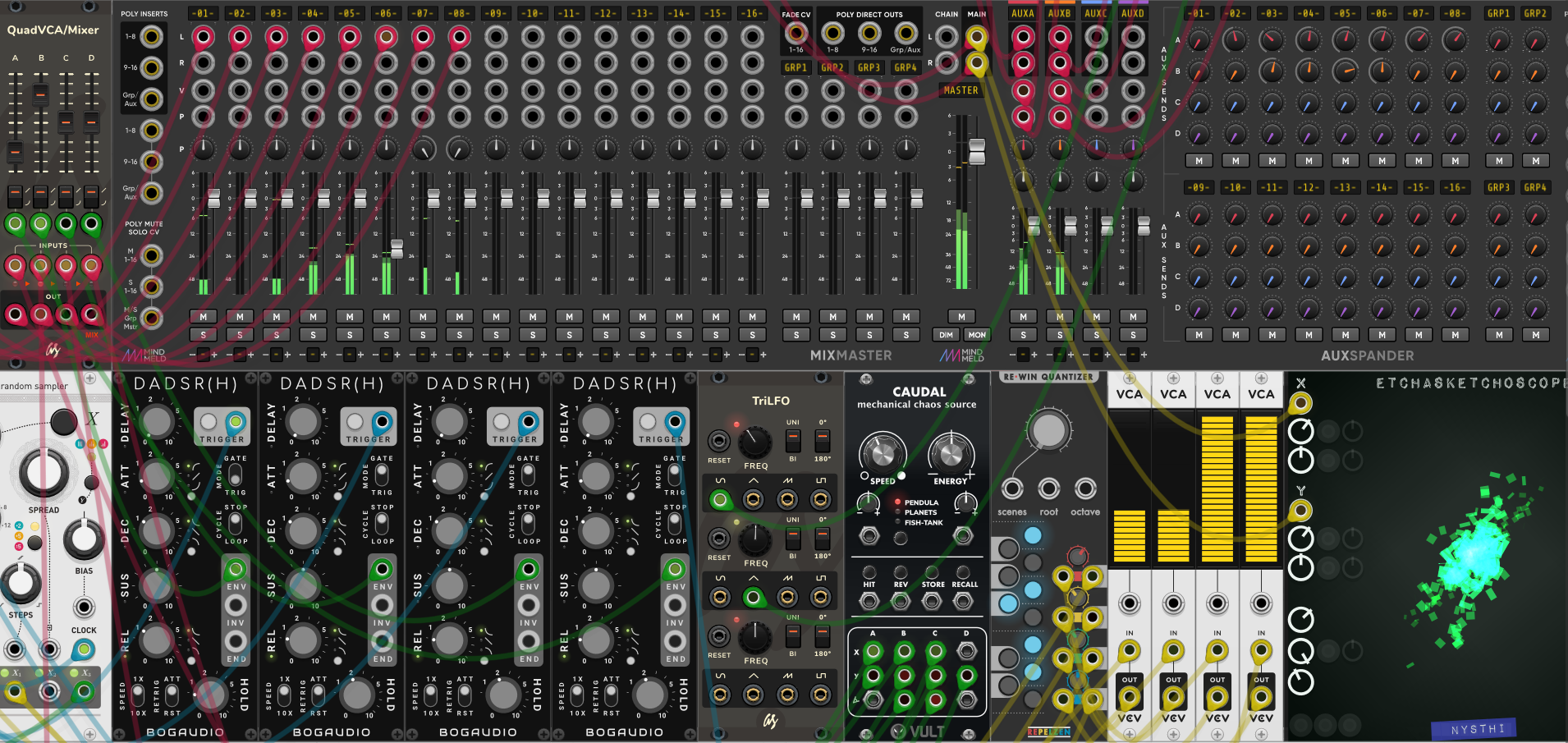

I mean, that’s not entirely accurate - a vote for a presidential candidate is a vote for the slate of electors tied to said candidate - effectively a vote for your candidate, albeit indirectly. Electors can, however, be required to vote according to popular vote as required by the state they’re electors in. Or they could have pledged to vote according to specific party. I don’t know for sure, but I assume state elector requirements override party pledges.
My understanding is that when it was devised, it was a compromise between direct democracy (which would honestly be potentially dangerous - how many people do you know where you can’t help but go, “Fuck… This guy can vote.”) and election via congressional vote. It certainly ain’t perfect and I have no bias towards it, but it’s a system like anything else that people tend to point at and blame when things don’t go their way or just ignore or even defend when things do go their way.








The long, drawn out metaphorical explanation was unnecessary and frankly kind of condescending.
I’m not over here trying to be some champion of the electoral college and I’d be more interested in seeing a real push for ranked choice or one of its cousins.
The point I was making was that if you sat at home and didn’t vote at all, your chosen candidate would never see the inside of the oval office and I went into my understanding of why it is the way it is. Ultimately, voting under the current system is not entirely worthless as you seemed to claim in the original post I responded to.
We’ve had something like 59 elections in total and 5 of them involved the winning candidate losing the popular vote but winning the election by way of the electoral college. Only one of those elections - the very first - involved anything even remotely close to your example (but still not42.3% vs 31.6%). The other 4 had a difference of like 2% or less between the two leading candidates.
The electoral college was devised as a compromise between direct democracy and congressional voting and I’m sure it was done in good faith to try to make sure everyone was represented, but this system seems to truly show its cracks when we’re facing an insanely stark national split like we see today and there’s no argument that we should probably shake things up and get rid of it.